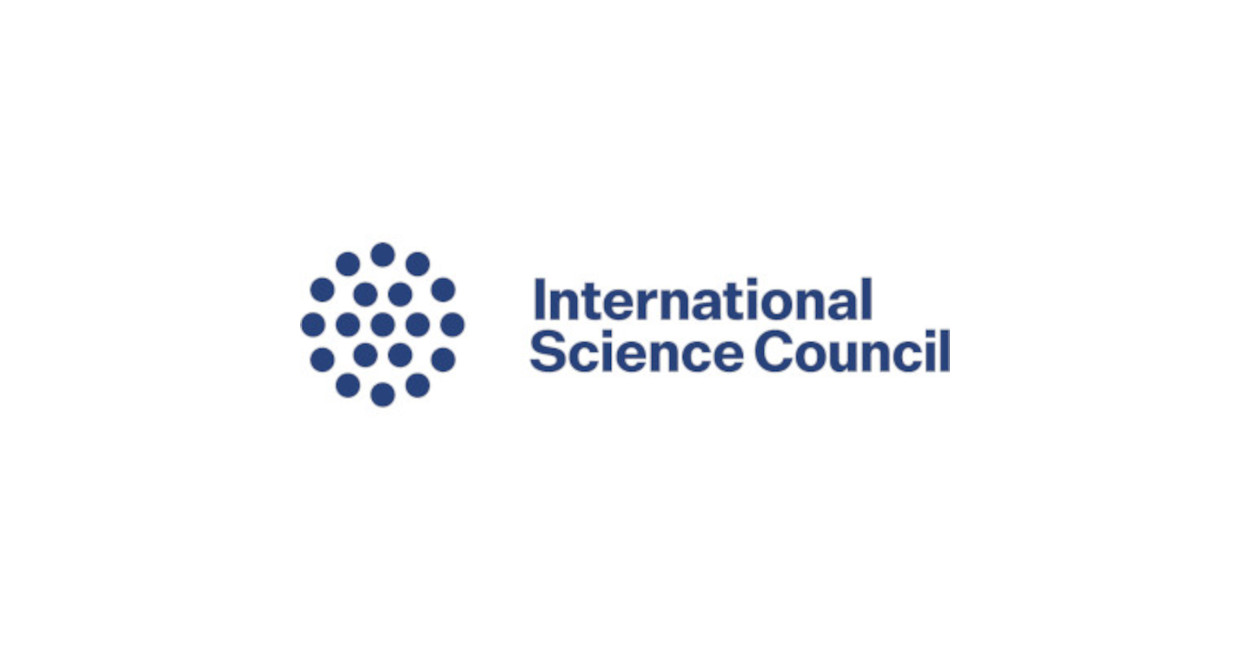A position paper recently published by the International Science Council explores the importance of science as a source of beneficial and applicable knowledge, freely available and accessible worldwide.
The position paper develops the ISC’s vision of science as a global public good, expanding on the implications of that vision for how science is conducted and used, and on the roles that it plays in society. As such, the paper provides an important foundation to inform all of the ISC’s activities and work to support and maintain ethical practice in science, as well as to advance science that responds to the needs of society.
The paper argues that science has two fundamental attributes that underpin its value as a global public good: that knowledge claims and the evidence on which they are based are made openly available to scrutiny, and that the results of scientific research are communicated promptly and efficiently so that all who may wish or need to access those results can do so.
Reminding scientists of their roots
“This paper reminds scientists of their roots and their contemporary obligations. Affirming the continued relevance of the basics of scientific practice – in peer review and the full and free circulation of methods and findings – it moves to our current predicament, calling on scientists to engage in ‘responsible advocacy’ to ensure that the kind of knowledge they produce is heard and heeded, and to participate in multi-disciplinary science for addressing planetary concerns such as inequality and global warming. What a very powerful call to both scientific consistency and new action this elegant paper makes,” says Ruth Fincher, Member of the ISC Governing Board.
Why science is key to society’s growth
As for Pearl Dykstra, another Member of the ISC Governing Board, “This excellent paper thoughtfully argues why science is crucial to the advancement of society. A crucial theme is that of the social contract between scientific practitioners and the public. In return for funding, scientists not only produce the most reliable form of knowledge, but also have the responsibility to communicate their findings, expose the evidence for their truth claims, and mitigate possible harmful uses of their discoveries. The paper should be mandatory reading for researchers, students, scientific advisors, journalists and decision makers.”
Importance of science as public good
Author of the paper and Vice-chair of the ISC Committee for Science Planning, Geoffrey Boulton, has this to say: “This is a timely moment to re-examine and re-affirm the importance of science as a global public good: societies worldwide are faced by complex, urgent challenges such as climate change and the COVID-19 pandemic, at the same time as new technologies with profound implications for human society, such as Artificial Intelligence, are becoming more widely used.”
Understanding role of science
In his remark, Chair of the Committee for Science Planning and incoming President of the ISC, Peter Gluckman, said the COVID-19 pandemic is a global wake-up call telling us that the many hazards that humanity faces are not future concerns but current realities, that national solutions alone are quite inadequate, and that global collaboration for the public good is essential.
Gluckman added that understanding and enhancing the role of science as a global public good is vital in serving those purposes and in combating the rising chorus of misinformation.
“This is a critically important position paper for the ISC: it clearly points out how sciences and scientists have responsibilities to society. It pragmatically, but with sound and principled underpinnings, outlines how science should be conducted to ensure that scientific knowledge is properly available to advance global public good while recognizing the role of the private and government sectors. I hope it is carefully read and reflected on by all those who are a part of the global science system,” he added.
The position paper was published on 1 October 2021.
This post was first shared by ISC.





